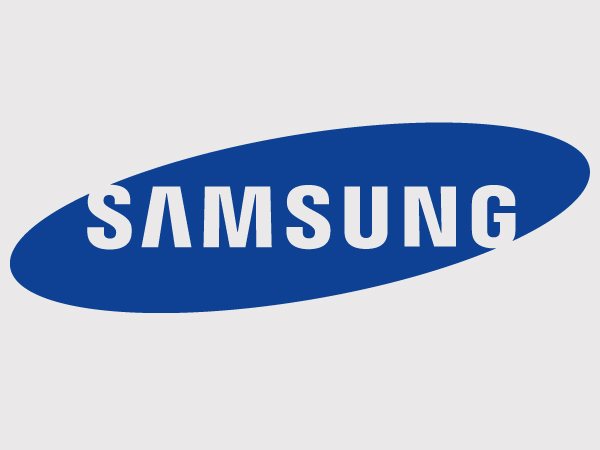Samsung Moves Closer To Fully In-House Mobile Chips With Cat10 LTE Modem
According to the Korean media, Samsung will ship a Cat10 LTE modem in its devices next year. The modem could be arriving in Samsung's Galaxy S6 smartphone, or at least in the international version, which will come with the company's Exynos SoC.
As we've learned recently from other leaks, Samsung may be working on a fully in-house chip for next year that could have Samsung-made CPU and GPU (as in not buying the designs from ARM or Imagination anymore). Earlier this year, Samsung already started building its own modem (Exynos Modem 303), which can be found in the Exynos 5430.
Having its own modem, CPU and GPU could allow Samsung to use its own chips in its own devices instead of buying them from Qualcomm or other chip companies. The transition could make even more sense now that Qualcomm has started using ARM CPU cores itself for high-end devices.
This means that on one hand, if Samsung keeps using the same CPU cores, then Qualcomm won't have much advantage over Samsung's own chips. On the other, if Samsung makes its own CPU, it may actually have an advantage over Qualcomm's chip.
What's also surprising is that although Qualcomm announced a Cat10 modem this year, it likely won't arrive with the Snapdragon 810, which seems to support only Cat6. It seems in this case, Samsung already has an advantage in LTE speeds over Qualcomm's modems. The only unknown is whether Samsung's own GPU can outperform the Adreno 430. Considering the Adreno 430 is only a rather small 30 percent performance upgrade over the Adreno 420 found in the Snapdragon 805, then it shouldn't be too hard for Samsung to beat it, or at least offer a competitive Mali T760-based GPU.
However, even if Samsung's new Exynos is better than the Snapdragon 810 in every way, it's unlikely that Samsung will move so soon off Qualcomm's chips. Samsung tends to sell its phones in high volume, and it's doubtful that the company will have the necessary Exynos supply for all the high-end units next year. That's why Samsung will most likely continue to offer Qualcomm chips in its U.S. models, at least for another year or two, until its own chip division is ready to take out all of the Qualcomm chips and replace them with Exynos chips.
Of course, there's also the possibility that Samsung may never become its own sole provider of chips, because it would make more business sense to have at least two providers for every component in its devices in case something goes wrong with one generation or another.
Get Tom's Hardware's best news and in-depth reviews, straight to your inbox.
Follow us @tomshardware, on Facebook and on Google+.
Lucian Armasu is a Contributing Writer for Tom's Hardware US. He covers software news and the issues surrounding privacy and security.
-
dovah-chan The Adreno 420 is a pretty blazing fast chip. Speaking of Samsung why no 850 EVO launch article?Reply

